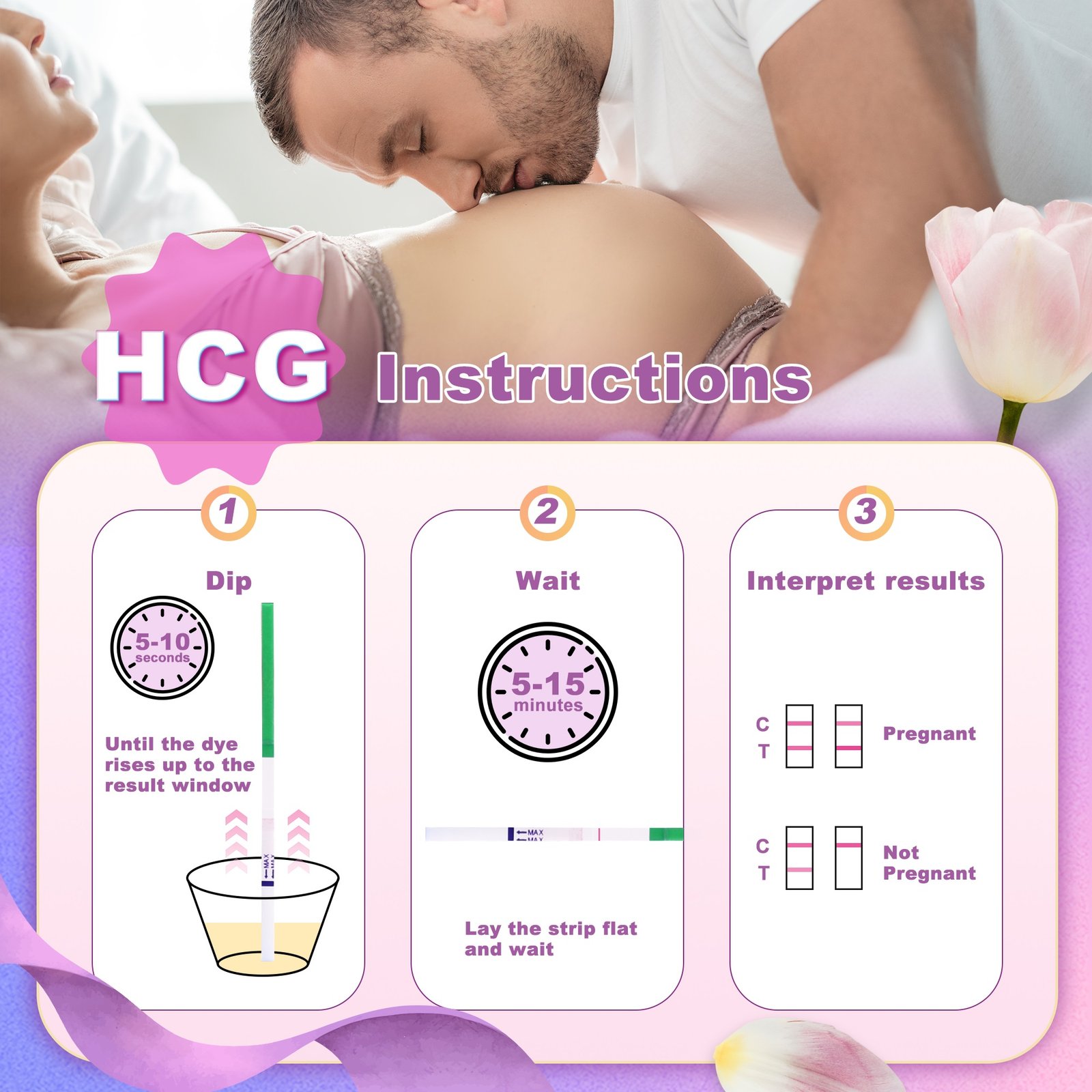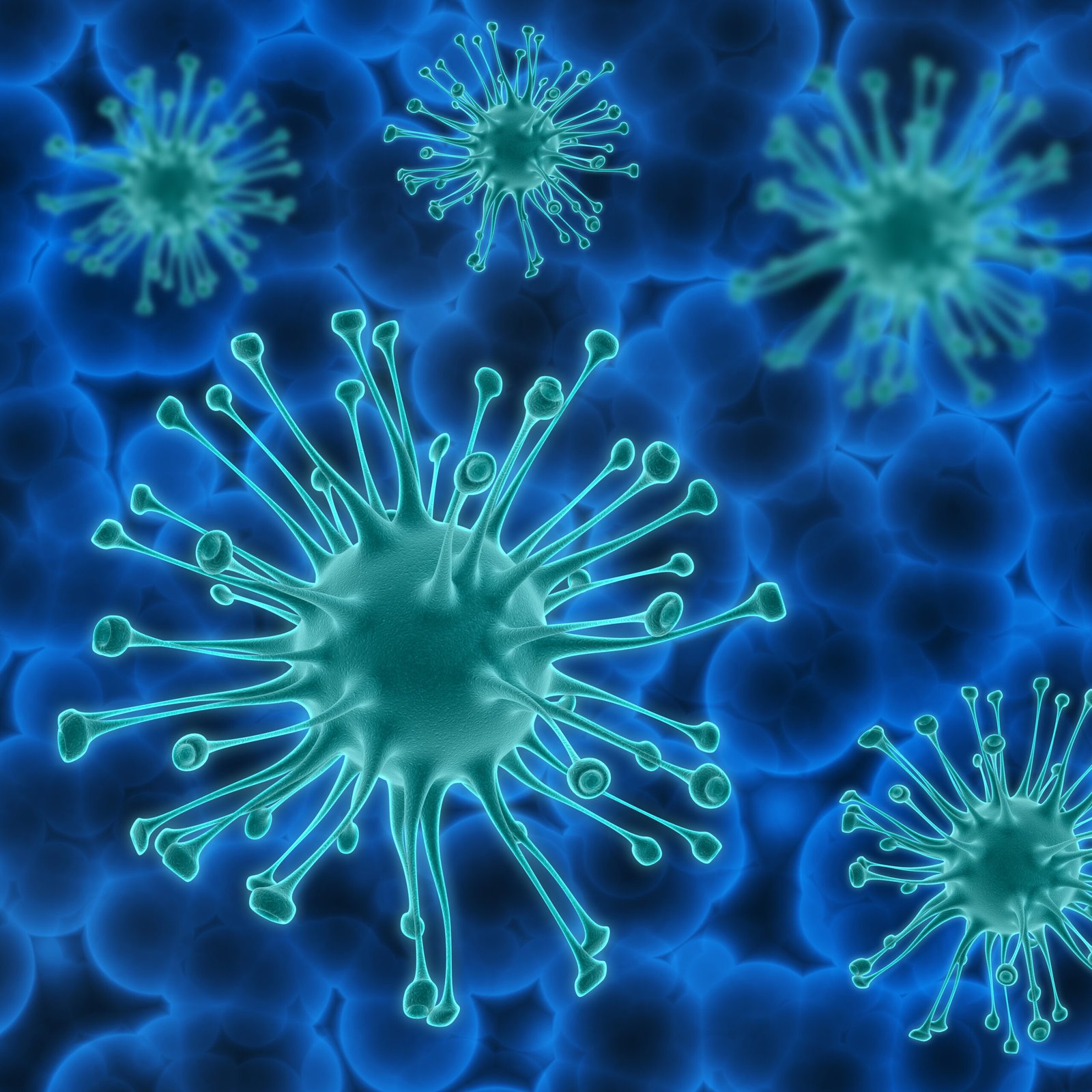Pregnancy triggers significant changes in a woman’s brain, enhancing maternal instincts and mental well-being. A new study sheds light on how these brain transformations occur, especially in first-time mothers.
1.How Pregnancy Affects the Brain
A recent study, published in Nature Communications, explored the brain changes that happen during pregnancy. It focused on the changes in gray matter (GM), which helps in forming thoughts and emotions. Researchers found that GM volume follows a U-shaped pattern: it decreases during pregnancy and recovers postpartum. Specifically, GM volume dropped by 2.7% in the second trimester and 4.9% right before delivery. However, it increased by 3.4% in the six months following birth.
2.Hormones Play a Key Role
The study revealed that pregnancy-related hormones, particularly estrogen, contribute to these brain changes. Estriol sulfate and estrone sulfate were identified as key hormones that impact GM volume. These hormones are responsible for the changes in brain structure, rather than parenting experience.
3.The Connection Between Brain Changes and Mental Health
The study also found that maternal mental health is crucial. It showed that mental well-being plays a significant role in how GM volume recovers after childbirth. In fact, maternal well-being directly influenced attachment to the baby, with better mental health leading to a stronger bond with the child. Interestingly, postnatal depression and stress were not linked to changes in GM volume or maternal affection.
4.Study Design and Methodology
The researchers tracked 127 pregnant women through five sessions, covering pre-pregnancy, pregnancy, and six months postpartum. They used MRI scans to monitor changes in brain structure, alongside hormone assessments and mental health evaluations. To ensure the results were linked to pregnancy, the study also compared data from women who were not pregnant or did not have children.
5.Key Findings
This study confirmed the long-hypothesized U-shaped pattern of GM volume changes during pregnancy. Not only did GM volume decrease during pregnancy, but it also showed partial recovery postpartum. While the volume didn’t return completely to pre-pregnancy levels, this suggests that brain changes may have long-lasting effects on maternal attachment.
Moreover, the study showed that hormones, especially estriol sulfate and estrone sulfate, are key in driving these brain changes. Interestingly, the study found that the parenting experience itself did not significantly influence brain structure.
6.Conclusion: Impact on Maternal Well-being
This research reveals how pregnancy reshapes the brain and the critical role of hormones in these changes. Maternal well-being is found to be a key factor in the recovery of GM volume, which affects maternal attachment. These findings mark an important step in understanding the brain’s role in motherhood and highlight the need for further research to improve maternal mental health.
In short, this study uncovers how pregnancy influences the brain and its lasting impact on a mother’s mental health and relationship with her baby.
Source:By Hugo Francisco de Souza
Reviewed by Susha Cheriyedath, M.Sc.
Date: Jan 19 2025




